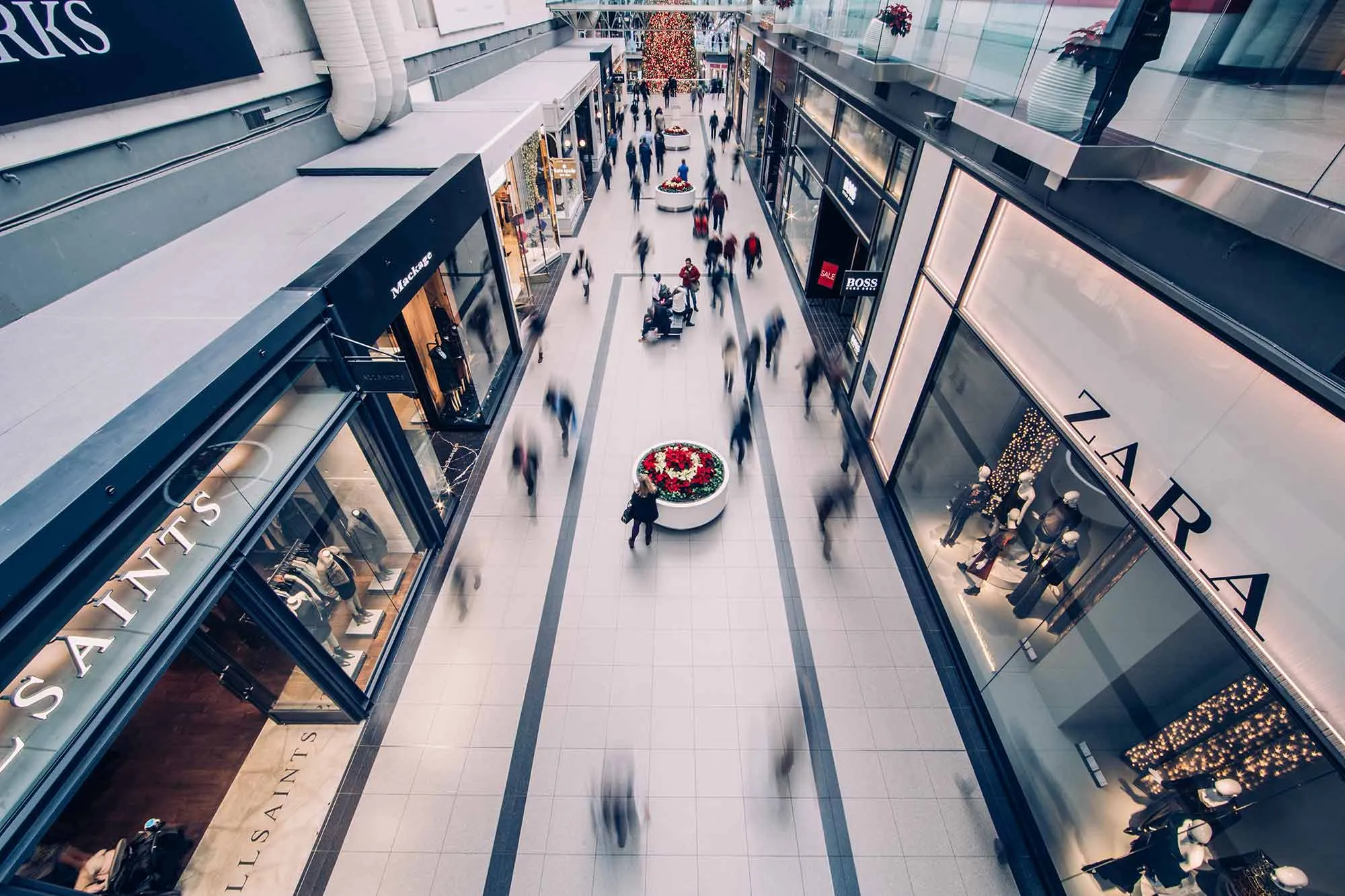Business
Retail transformation accelerates across the UK

The retail landscape in the United Kingdom is entering a period of rapid innovation as businesses adopt new technologies, modern customer engagement models and bold investment strategies. From major high street chains to emerging online platforms, companies are shifting their operations in response to rising consumer expectations and an increasingly competitive trading environment. This transformation is reshaping both digital and physical retail spaces and positioning the UK as one of Europe’s most dynamic retail markets.
Shifts in consumer behaviour create new priorities
Changing consumer preferences have played a major role in pushing retailers toward modernisation. Shoppers now expect seamless digital journeys, personalised recommendations and flexible delivery options. Traditional brick and mortar stores are no longer seen only as sales points but as experience centres that strengthen brand loyalty. Retailers that once relied heavily on physical footfall are integrating digital tools that offer real time product availability, personalised promotions and convenient pickup services. These shifts have encouraged companies to rethink their store formats and adopt a customer first mindset that blends online efficiency with in store engagement.
Technology adoption accelerates across major retail groups
Technology has become the central driver of the retail transformation underway in the UK. Artificial intelligence is being used to optimise inventory, forecast demand and tailor marketing campaigns. Many retailers are adopting smart shelf systems that improve stock accuracy and reduce operational delays. Payment technologies are also evolving with contactless transactions becoming standard and biometric verification gaining interest among forward looking brands. Companies are now investing in unified commerce platforms that consolidate data from all channels, enabling them to understand consumer behaviour more precisely and make timely decisions that enhance profitability.
E commerce platforms continue to gain influence
While physical stores remain important, e commerce platforms are expanding at a rapid pace and setting new performance benchmarks. Retailers across categories including fashion, electronics and household goods are strengthening their online offerings to meet the expectations of mobile first shoppers. Same day delivery options have become more common in metropolitan regions and subscription based purchase programs are gaining popularity among younger consumers. These trends are encouraging retailers to refine their logistics capabilities and expand warehouse networks to ensure faster delivery times and improved customer satisfaction.
Sustainability becomes a strategic priority for brands
Sustainability has emerged as another defining feature of retail transformation in the UK. Consumers are increasingly aware of environmental issues and are favouring brands that demonstrate genuine commitment to responsible practices. Retailers are responding by adopting greener packaging, reducing waste and sourcing products more transparently. Many companies are launching buy back initiatives that allow customers to return used goods for recycling or refurbishment. These efforts are not only improving brand reputation but also helping businesses meet regulatory expectations related to environmental impact.
New retail formats reshape the high street
The evolution of retail formats is bringing fresh energy to high streets across the country. Pop up stores, boutique experiential spaces and hybrid showrooms are becoming more common as retailers explore flexible ways to engage customers. Many brands are adopting smaller format stores that focus on curation and personalisation rather than wide product ranges. These spaces often feature interactive displays, digital kiosks and product testing zones that encourage customer participation. This approach is helping retailers create meaningful in person experiences at a time when online shopping continues to grow.
Collaboration between retailers and tech startups expands
Another major development is the growing partnership between traditional retailers and technology startups. Many UK based startups specialising in logistics automation, AI driven analytics and digital payments are collaborating with established retail chains to test new concepts and scale innovative solutions. These partnerships are helping retailers modernise their supply chains and enhance the efficiency of customer interactions. The collaborative ecosystem that is forming is accelerating innovation and allowing retail businesses to adapt more quickly than before.
The UK retail sector prepares for a competitive future
As transformation continues, retailers are preparing for a future shaped by digital innovation, experiential commerce and evolving consumer expectations. Companies that invest in technology, embrace sustainability and maintain flexible operations are positioning themselves to thrive in an increasingly competitive market. The ongoing changes suggest that the UK retail sector will continue to innovate at speed and set new standards for customer experience and operational performance.






















